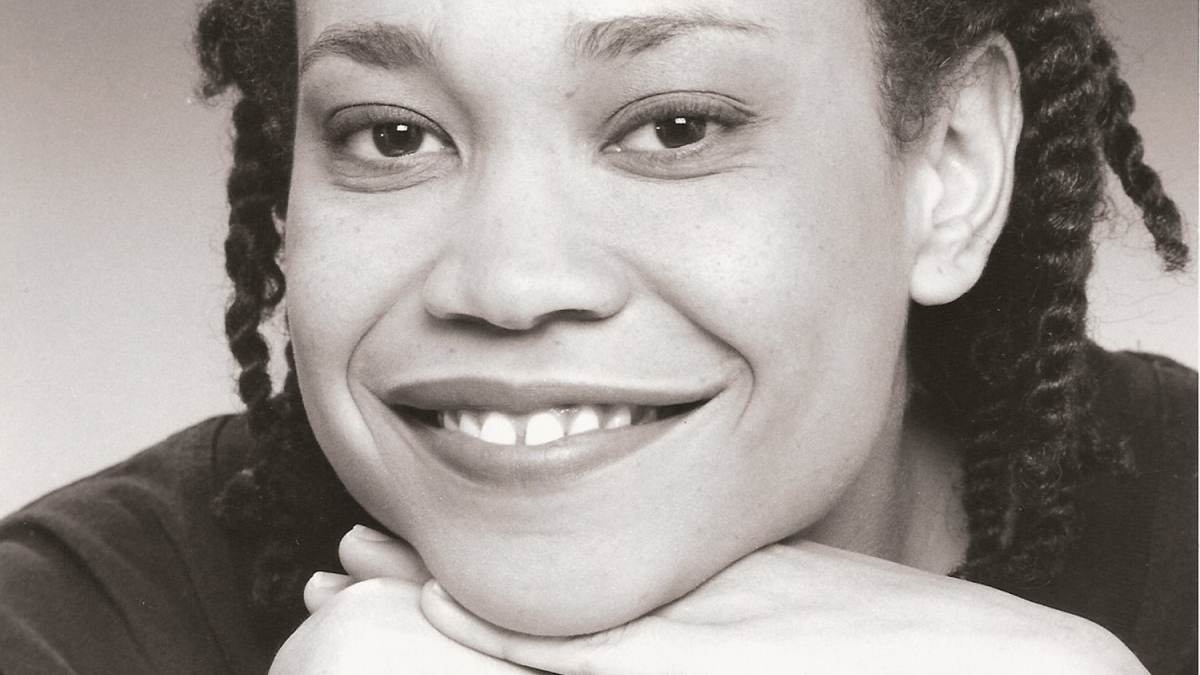Hassan honored for work with Arizona's communities

"There really isn’t a point in having institutions of higher learning, if learning isn’t applicable to people’s daily lives,” says Kenja Hassan, in a 2009 video on the New American University model in place at Arizona State University (see related video).
Hassan is an assistant director for ASU’s community outreach and relations, and she is being honored Nov. 1 by the Black Board of Directors Project for her work and "high commitment to civic involvement."
The recognition comes just one month after Hassan was featured as one of 12 “Diversity Champions” in the Sept. 28 edition of the Phoenix Business Journal. It was the first time the journal made this kind of recognition, Hassan says.
A Washington, D.C. native, Hassan came to ASU in 2000 with a keen understanding of the goals and mission of a university – how it can serve the state and world, produce better citizens who are more informed about the world, and grow communities.
She believes Arizona’s biggest strength is its diversity – the in migration of people from across the country, of all ages and backgrounds, and from all over the world.
“The university has an opportunity to look at the state as a microcosm,” says Hassan, who, in 2008, initiated an ASU policy publication, modeled after the National Urban League’s “State of Black America,” that looks closely at current statistics of Arizona’s minority communities and identifies areas of success and need. The publication, called State of Black Arizona, is a step toward starting a continued conversation and spurring focused research within African-American communities all over Arizona.
“My goal is to find meaningful ways for ASU to be engaged in communities around the state, and we are especially interested in communities where ASU hasn’t had a really strong presence in the past," Hassan says.
The State of Black Arizona report, updated twice by ASU professor Kimberly Scott since its first volume, inspired similar publications on the status of Asian American, Pacific Islander and Latino communities.
Hassan collaborated with ASU professor Kathryn Nakagawa and the Arizona Foundation for Women to organize SHE (Safety, Health, Economics and Education) Matters – a project aimed at fostering dialogue among the state’s nonprofit organizations to address what types of outreach programs target minority women – because, as Hassan says, the statistics for many minority women in Arizona show a lack of progress in certain key quality of life areas, such as health outcomes, educational attainment, and parity in earnings.
The thesis of SHE Matters is that when all women in Arizona are better off, then the state is better off too. "The state becomes more economically vital, more culturally vibrant, and more vigorous in its development," the organization's September 2012 report states. And nonprofits play a large role in helping advance this mission. Often, prejudice and perception affect some women's ability to move forward, Hassan says, and so the statewide support of ethnic minority women is therefore essential.
Being engaged in one's community is one of the most important parts of being a citizen, says Hassan, who next month will be awarded the Dr. Charles R. Campbell Outstanding Alumna Award at a special awards ceremony for the Black Board of Directors Project (BBODP). An advanced leadership program, the BBODP began in 1984 in Phoenix “to fill the void of Blacks and others on various corporate, charitable, and public policy-making boards and commissions at the local, state and national levels and other leadership positions,” as is stated on their website.
"I'm very excited to be recognized for civic involvement," she says. "I am committed to doing my part to improve lives in the state of Arizona, and I'm fortunate to have a job that encourages me to help Arizonans connect to ASU and to each other."